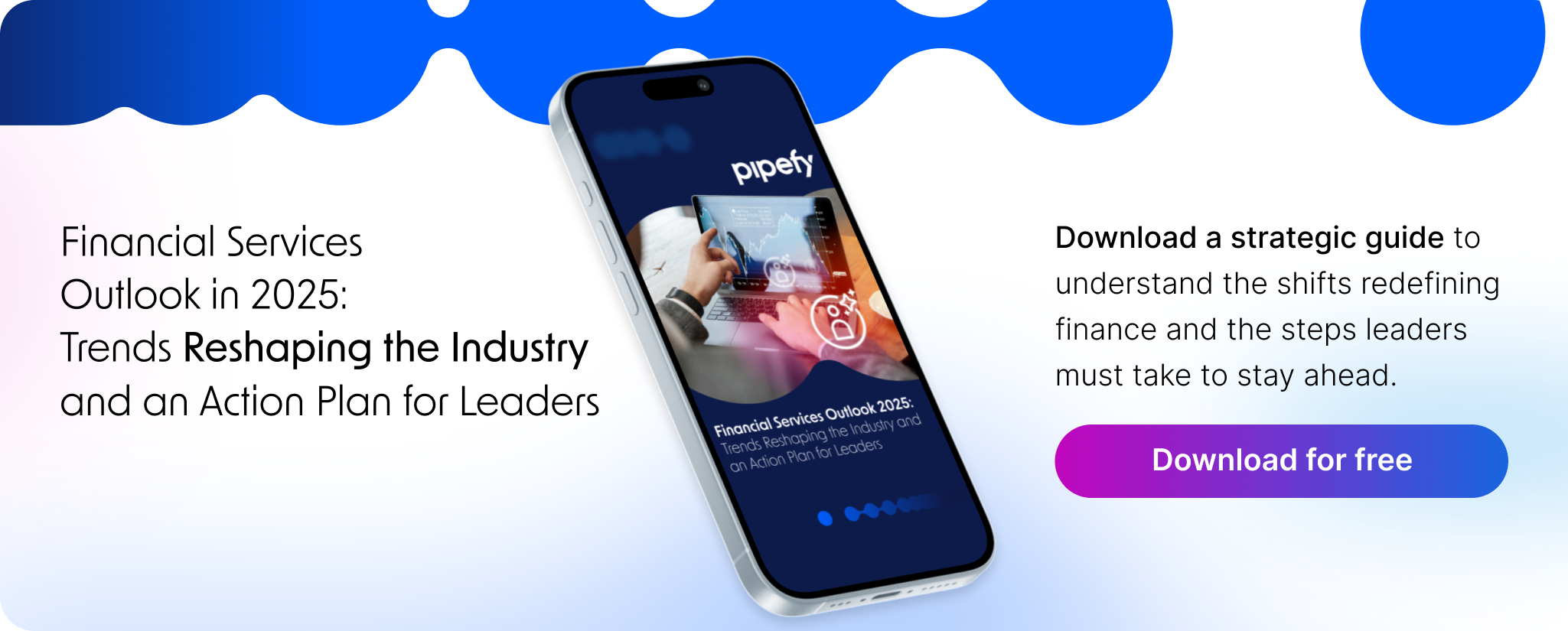
Boomers may have been at higher risk of COVID-19 because of their age group, but their experience in the workforce has likely helped them adapt to rapid change.
Overview
The Baby Boom generation currently makes up about 25% of the US workforce, although that percentage will decline over the next two decades as the youngest Boomers (age 57) approach retirement age. Boomers are the most senior and experienced members of today’s workforce, and many are in positions of leadership or management. The Wall Street Journal found that in 2019 only 6% of CEOs (1 in 28) from S&P 500 companies were under the age of 50.
Because of their seniority, Boomers are sometimes stereotyped in popular culture as “technologically-challenged” and resistant to change. While this may be the case for individuals of any age, Boomers in the workforce have proven adaptable to dramatic changes in both technology and the labor market over the course of their careers. One survey found that of all generations, Boomers were most likely to have at least 5 years of remote work experience.
Pandemic experience
The impact of the COVID-19 pandemic on Boomers has been profound: 65% of deaths from COVID-19 in the US were in persons age 50 – 84, an age range that includes the Boomers. Add to this the heightened risk of infection among older adults and the accompanying social isolation precautions, and it’s likely that Boomers have had a very different pandemic experience than younger generations. For some Boomers, their pandemic experience accelerated retirement plans and motivated them to relocate closer to children and grandchildren.
There are also those Boomers who have decided to delay retirement. In general, Boomers are living longer and staying healthier, and may enjoy the satisfaction of continuing to work past the conventional retirement age. WFH (work from home) and WFA (work from anywhere) options are also making it easier for Boomers to continue working into their later years.
Still other Boomers are continuing to work out of necessity. According to Wrkfrce, some Boomers are “concerned about outliving retirement funds or not being able to make ends meet on pensions or savings they’ve set aside.” A FlexJobs survey found that the most common reason (70%) that workers over age 50 continue to work was “paying for basic necessities including housing and food.” In other words, some Boomers simply cannot afford to retire.
Outlook: The Stabilizers
Boomers appear to be more adaptable to recent stressors than they are often given credit for. Their rich trove of work experience and more stable family and financial situations may give them an advantage when it comes to weathering changes in the work models. According to a Vitality Group survey, Boomers reported feeling more productive than younger workers when working remotely, as well as being less anxious during the COVID-19 pandemic.
Regardless of their individual circumstances, it’s clear that Boomers as a whole will continue to play critical roles in our workforce for years to come. They will continue to serve in positions of leadership and will be instrumental in passing on their wisdom and knowledge to younger workers as they transition out of the workforce.
Because of their extensive work experience and representation in leadership positions, we see Boomers as the stabilizers of the post-pandemic workforce.










